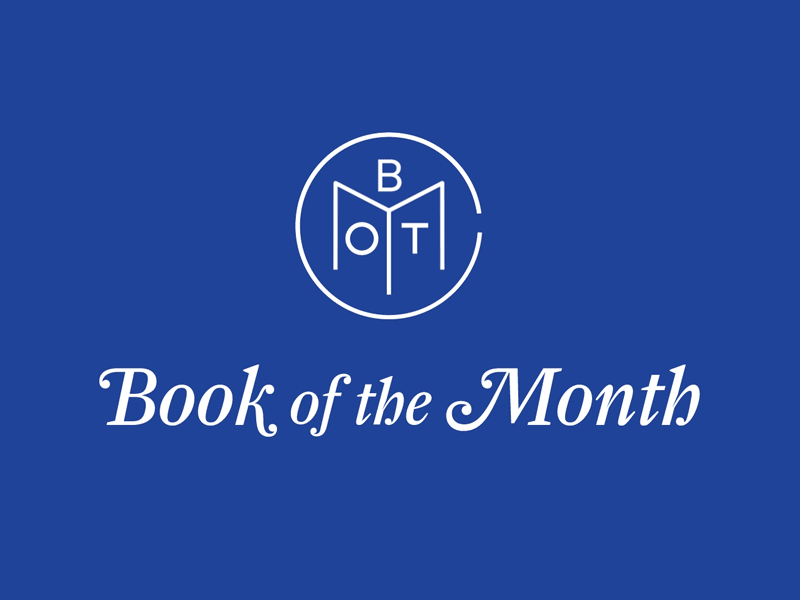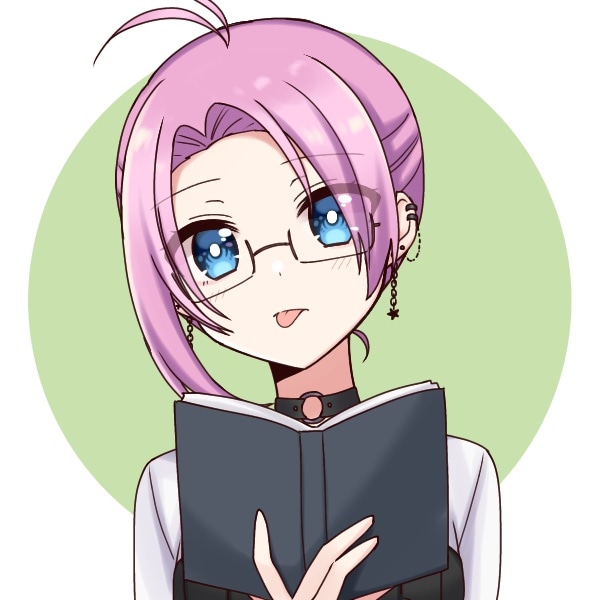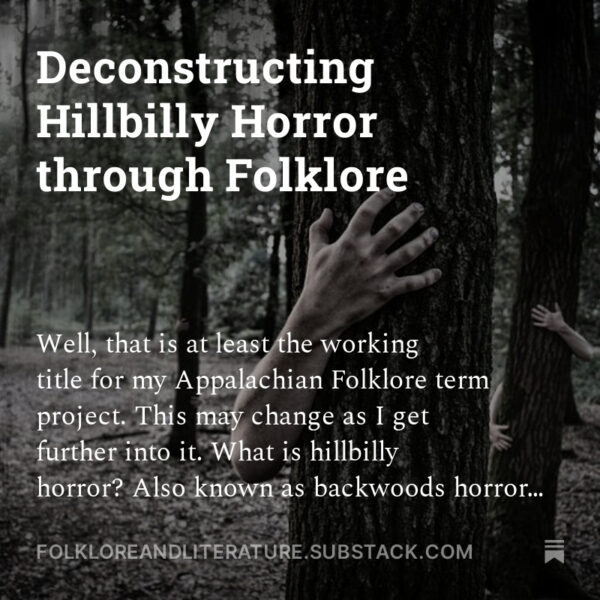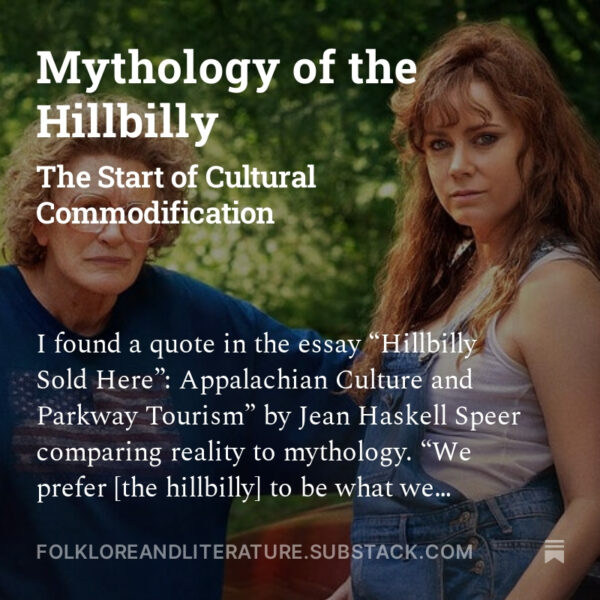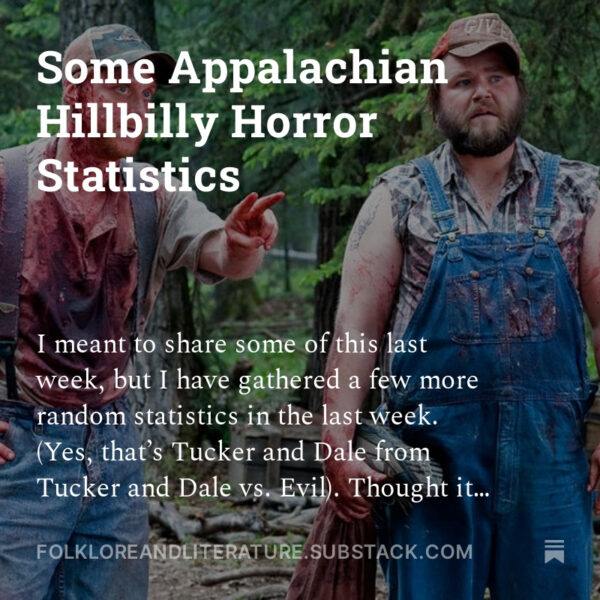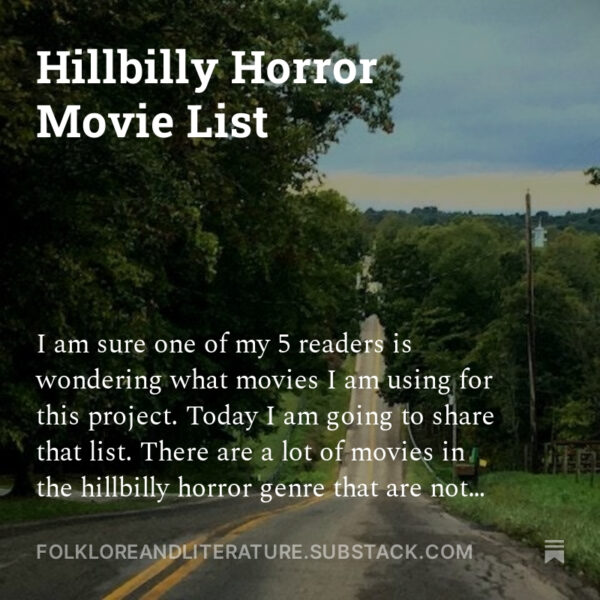Artistic Linage Part 1
 Wow, that is blurry! Even the full size picture is blurry. Great way to promote something, BN. Anyway, I recently bought this journal from Barnes and Noble. I fell in love with it. You can’t tell by the picture but it’s it’s a pale grey and the renderings of the zodiac signs are pretty cool. It’s clothbound and textured. The paper inside is even quality. Had no idea what I was going to do with it other than put it in my notebook/journal collection. One day I a use would pop up.
Wow, that is blurry! Even the full size picture is blurry. Great way to promote something, BN. Anyway, I recently bought this journal from Barnes and Noble. I fell in love with it. You can’t tell by the picture but it’s it’s a pale grey and the renderings of the zodiac signs are pretty cool. It’s clothbound and textured. The paper inside is even quality. Had no idea what I was going to do with it other than put it in my notebook/journal collection. One day I a use would pop up.
I decided to use it as my writing journal. The first things I am putting in there are writing exercises I have found by the likes of Chuck Palahniuk and Suyi Davies. Somewhere I have Neil Gaiman’s Masterclass. You get the idea. First up is from Suyi Davie’s newsletter on tracing your artistic linage. I thought I would share a version of what I wrote today.
The first thing he asks his students to write about is their forebearers.
1) Forebears: How did you first begin to soak up stories, real and/or imagined? The fables, legends, tales from religious and spiritual communities. The subjects of these stories: moral lessons, specific themes, knowledge of social or political or other events, etc. The speech patterns, voices of these tales. The modes of receipt: oral, written, visual, games, songs. The tellers/givers of these stories: parents, friends, places of organized learning like school. The craft elements of these stories: events, characters, archetypes, stereotypes. Everything that shaped how you perceived and understood the best ways to tell and receive stories, up until you became able to decipher otherwise for yourself.
Two things come to mind here. The first is is the Close ‘n Play record player I got when I was about three where, according to my mother, no one would have to read to me. Hands off parenting at its best. I have mentioned this thing previously, but for anyone who missed it, a recap. It looked like this:
That’s a picture of the actual packaging right there. You put your record on it and closed the lid and it would play. Obviously Gen X’s Boomer parents didn’t thing we were either smart enough or were too wild to be trusted with an actual record player. In defense of this thing thought, it could take one hell of a beating and hand a handle where we could carry it around, while it was playing. Maybe it was some weird precursor to the Walkman. It also worked really well on those two D batteries it used. At least they weren’t small batteries kids could swallow them.
With my Close ‘n Play came a collection of Read-a-long story books.
These books came with a record in the back of them. I had quite the collection of these things. What I remember the most about them was how at the start of the ones put out by Disney, the reader of the books would say “You will know it’s time to turn the page when Tinker Bell rings her little bells like this (sound of Tinkerbell chimes). Let’s begin now.” After so many times I hated hearing this. My kid brain thought after listening to these books hundreds of times I would know when to turn the page and didn’t need it explained.
I spent an inordinate amount of time with these books. It’s actually how I learned to read. I often question how I turned into a reader when it wasn’t something my family valued.
The second thing that comes to mind is Sunday School. Of course I was originally required to go. One, because it meant the adults got a break from me – I know this because I was told quite frequently. Two, because my grandmother was worried about appearances. How would it look if her granddaughter wasn’t in Sunday School with all her friends grandkids?
No, this isn’t an unpacking of Generation X childhood trauma. I promise.
What I loved about Sunday School was the Bible stories. I didn’t believe any of them but I thought they were cool stories nonetheless. Jonah getting eaten by the whale. Noah and the animals and the ark. I was probably 8 when I got kicked out of the Baptist church down the road from us because I asked too many questions. I started going to Sunday School with various friends. I remember one teacher wanted to put me in a class with older kids because I already knew all the stories. That’s why I was there, the stories! They never got old. Everyone told them a bit differently. Storytellers are like that.
I realize now that these stories are a form of folklore and something I really enjoy listening too or reading. I may not have found religion, but I found a love of stories. That counts for something, right?












